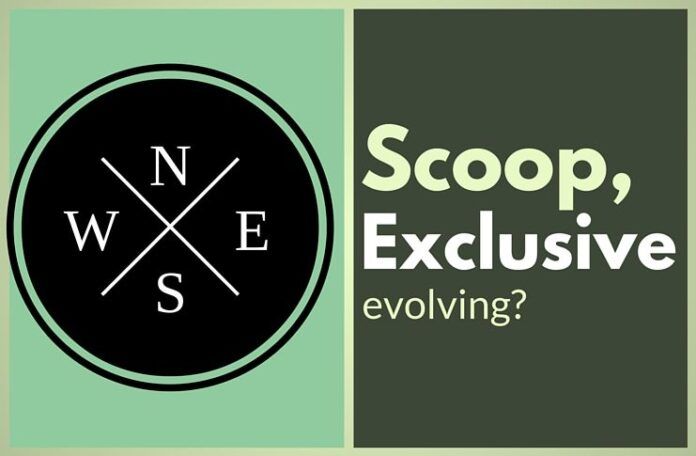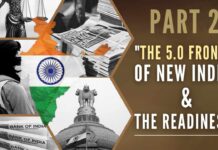
Exclusive (noun)
In journalism, a scoop or exclusive is an item of news reported by one journalist or news organization before others, and of exceptional originality, importance, surprise, excitement, or secrecy. Scoops are important and likely to interest or concern many people.
– Wikipedia
A piece of news, or the reporting of a piece of news, obtained by a newspaper or other news organization, along with the privilege of using it first.
– Dictionary.com
[dropcap color=”#008040″ boxed=”yes” boxed_radius=”8px” class=”” id=””]F[/dropcap]rom its definition, an exclusive can only be attributed to the first instance a story is published. But in today’s crowded and competitive media landscape, with newspaper companies repositioning themselves as information conglomerates that disseminate news via everything from ink-on-paper to the Internet to PDAs to cell phones, definitions of “scoop” and “exclusive” are evolving in the era of convergence.
The Internet makes it much more dicey to hold a news story until your next edition; chances are greater than ever that someone will beat you to it. So investigative, enterprise and project stories have become the primary exclusives to be held for the print version. Take the “exclusive” claims on the Essar story.
Indian Express and Outlook published it on the same day on June 17 and claimed it as their “exclusive”. But the report on Essar Leaks appeared first on a web portal India Samvad in their Hindi edition on June 14. Their English edition carried the news on June 15: https://twitter.com/India_MSM/status/743815298365612032
[dropcap color=”#008040″ boxed=”yes” boxed_radius=”8px” class=”” id=””]H[/dropcap]ow can Indian Express and Outlook claim a report as exclusive when India Samvad published the report 72 hours before? Indian Express Director Anant Goenka was tweeting hours before that they were coming out with an exclusive report.
A similar thing happened last week too. Times Now and NewsX simultaneously came out with another “Exclusive” report. Both published a report alleging that during 26/11 terror attack, Pakistan had taken Indian Home Ministry officials to a tourist spot Murree, near Islamabad. How can two channels get the same report at the same time? Is it because they got it from the same source?
With Social and Traditional Media elbowing each other out for news coverage, it should be ensured that the reason for their existence, News, should not be a casualty. Sites that can consistently report accurate information will be the victors in this pyrrhic war.
- NIA confiscates Pak-harboured Khalistani terrorist Lakhbir Singh Rode’s key aide’s land in Moga - April 19, 2024
- Prime Minister Narendra Modi: A Gujju businessman who does not invest his precious time for a losing battle - April 13, 2024
- NIA arrests two accused Shazib and Taahaa in Bengaluru’s Rameshwaram Cafe blast case from Kolkata - April 12, 2024











The term exclusive has become so commonplace that your mentioning it now is no more ‘exclusive’
Indian media almost without exception has abdicated its role of reporting news as it is.Obscession with sensation and repetition ad infinutum and ad nauseum has become their pre occupation.
Some reporters and editors latch on to a particular un important piece of news as their exclusive .latest and play to the gallery with pompousness and ‘holier than thou’ expressions.
They smash the honour and reputation of many with un confirmed reporting and don’t have the courtesy to regret for the same after being proved false.
They keep on ‘breaking the news’for days on end till the news itself is reduced to fine powder. People take such motivated and unfounded reporting with large bushel of salt and nobody takes news at its face value like earlier days.
No wonder ‘The Indian Express’ got a sound drubbing at the hands of readers for its recent fiasco.